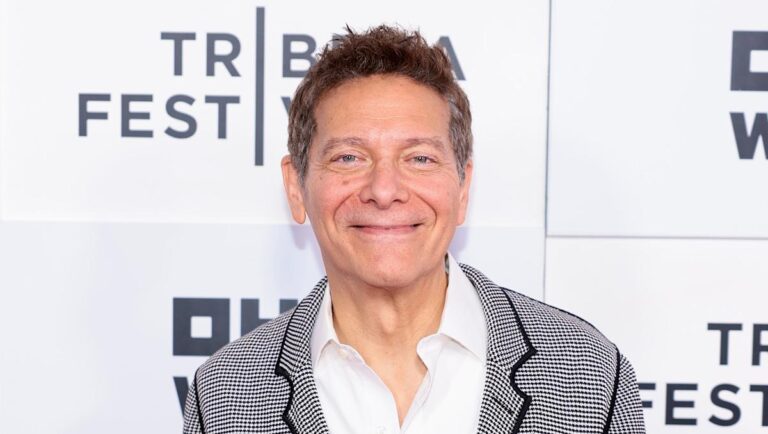Michael Feinstein’s Stand Against Kennedy Center Censorship
Michael Feinstein, renowned singer and pianist, recently voiced his concerns regarding the recent cancelation of events at the Kennedy Center, including a Pride program he was slated to conduct. In a heartfelt Instagram post, Feinstein condemned what he termed “government-sanctioned censorship,” highlighting the growing trend towards suppression of artistic expression associated with sexual orientation.
Details of the Cancellations
In his post, Feinstein recounted his invitation to conduct the National Symphony Orchestra for a program titled “A Peacock Among Pigeons: Celebrating 50 Years of Pride.” This event aimed to celebrate the contributions of the LGBTQ+ community to art and culture. However, Feinstein lamented the abrupt cancellation of the program, which he described as unceremonious and disappointing.
Fear of Censorship
Feinstein’s essay, “Fear of Queer?”, elaborates on how these recent cancellations could be perceived as a pattern of censorship that undermines creativity in the arts due to sexual orientation. He expressed a concern that these actions may be viewed in the future as emblematic of the 21st-century silencing of diverse voices in artistic landscapes.
Government Influence on the Arts
The impact of administrative decisions on public funding for the arts is a critical theme in Feinstein’s arguments. He referenced Donald Trump’s recent executive order aimed at ceasing federal funding for NPR and PBS, emphasizing the risk of undermining government-supported access to the arts. This, he argues, jeopardizes critical platforms for artistic expression, particularly those that acknowledge the existence and contributions of LGBTQ+ individuals.
Calls for Greater Collaboration
Feinstein cautioned that the next logical step in this trend might be to restrict works created by individuals from the LGBTQ+ community. This alarming assertion draws a parallel to historical practices of censorship, urging society to remain vigilant against such erasure of diverse voices.
Support From the Arts Community
Liza Minnelli, a long-time collaborator and supporter of Feinstein, publicly backed his stance. In her statement, she highlighted her belief in the importance of the LGBTQ+ contributions to the arts and encouraged others to engage in the fight against censorship and hate. Minnelli’s powerful advocacy underscores the necessity for allies within and outside of the arts community to rally against discriminatory practices.
Conclusion: A Call to Action
As the discourse surrounding censorship and the representation of LGBTQ+ individuals in the arts intensifies, Michael Feinstein’s insights serve as a clarion call for action. Artists, advocates, and allies are urged to rally together to preserve the importance of diversity in creativity, ensuring that all voices are heard and celebrated in the ever-evolving cultural landscape.
